Journey along timeless emotions: Kafka v Kafka

Notoriously difficult to read, Franz Kafka’s works contain the fantastical, are intensely personal and mainly angst-ridden. Howard Colyer’s Kafka v Kafka is derived from a 102-page invective-filled letter written by Kafka to his father – not the most promising source material for a night at the theatre.
Yet if you’ve ever been a child who wants to do anything but emulate your parents then this play will resonate. If you’ve ever been a parent who’s wondered just what exactly you did wrong it will lead you to contemplate. Like all great writers, beneath the intellectual exterior Kafka addresses emotions that we all experience. In his play, Colyer brings these emotions to the surface in a way that hits very close to home.
The clash between father and son is the play’s centrepiece, dramatising the difficulty of communicating between generations. It is a struggle of wills between a strong, self-made man and an intellectual boy/adult: neither quite understands the other, and yet a mutual reliance exists. Kafka struggles to reconcile the fact that most of his work and life has been spent in opposition to this man, his father, with the fact that he has made him who he is. Hermann Kafka, played by Gareth Pilkington, depends on Franz as a tangible life achievement and pleads that he did what he thought best and that Franz (Jack Wilkie) is his own man.
The other interplay is between is between Kafka’s romantic idealism and the particular type of conservatism embodied by his father. It is the conflict between a man in love with certainty and tangible things, and a son in love with ideas, although Colyer says that this dynamic is unintentional. This is a powerful undercurrent given the action’s historical context in 1920s Europe, a world where nothing was certain and ideas thrived, until extreme conservatism struck back with infamous consequences, as recognised in the sad epilogue of Ottle, Kafka’s sister.
The play is all the more moving because it is relatively even-handed, and we can see how both men are right. Here, Colyer, who translated the letter from German into English (published in 2008), demonstrates a knowledge of the text that comes into its own. Rather than merely repeating Kafka’s letter, it takes into account his motivations and delusions, allowing its more general themes to come to the fore. Colyer is making Franz Kafka a rounded human being whose motivations we recognise.
As would be expected, Colyer drops in allusions to Kafka’s most famous works, The Trial and Metamorphosis, but this play is not just for Kafka scholars. It’s for anyone who has felt the complex feelings that only family can arouse.
Interview with playwright and novelist Howard Colyer
What made you decide to become a playwright?
I’d long wanted to be a playwright but couldn’t think of a play that satisfied me. Then one night in the National watching [Harold] Pinter’s A Slight Ache I saw that the play had a similarity to a short story I’d written. Afterwards I thought about it and I could see how to do an adaptation of my own story and have written 20 plays since. It was as if a switch had turned on in my head.
Apart from your familiarity with it, what made you choose to develop Letter to my Father into a play?
It struck me as being a wonderful piece of rhetoric, like a courtroom prosecution and so very suitable for public performance. Deciding how to stage it was more difficult. I started out with a monologue, but really wanted Hermann Kafka to have his say, with just son and father it seemed too dry, too static, so I incorporated Kafka’s mother and one of his sisters.
Was it difficult turning the raw script into a finished production?
Yes, this is the hardest thing that I have written. I found it very difficult to get the right form to turn the letter into something worth watching on stage. I’d also like to thank the Nameless Theatre. I originally imagined a more sombre set, but I really love what they’ve done with the play.
What do you think the play and its source material say about Kafka and his relationship with his father?
Kafka’s father is a first generation immigrant to Prague, a man who came from a poor impoverished village to the city and felt the need to establish something, and so clearly the demands upon him will be rather different than the demands upon his son, which creates conflict. His father is key to understanding a lot about Franz Kafka’s writing, it often focuses on the struggle to communicate, and he said himself that all his writing was about his father.
What do you hope the audience feels when watching the play?
It’s such a universal theme that I hope people with no previous knowledge of Kafka can watch and recognise some of the themes and the conflict. Hopefully people might see it and gain an interest in Kafka’s work. I do hope that people can associate with it to some extent, even if it’s with the daughter and mother looking on at conflict elsewhere in the family.
Mark Worgan
Photos: Anna Nguyen
Kafka v Kafka is at Brockley Jack, London from Tues Jan. 17 to Sat. Feb. 4, 2012. Tickets £12 (£10 concs). Saturday matinee 4pm. For further information or to book visit Brockley Jack’s website here.

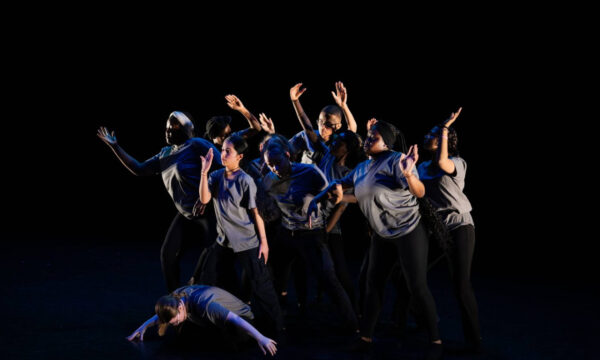
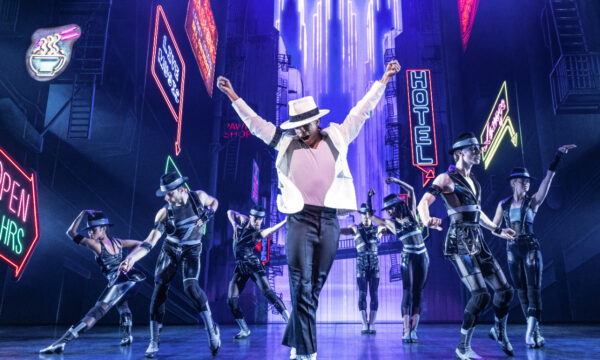
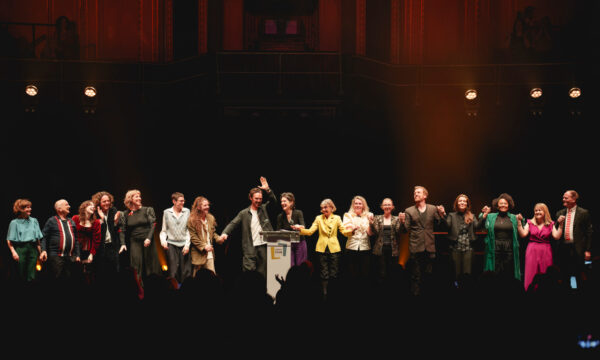
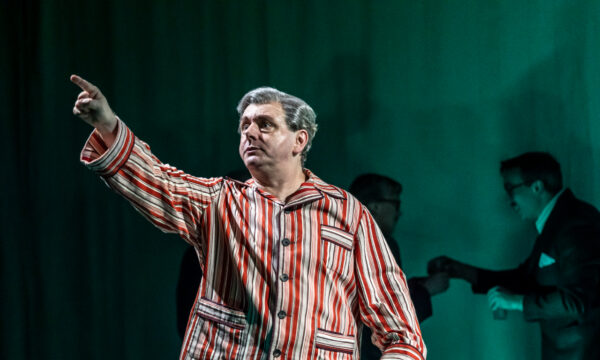
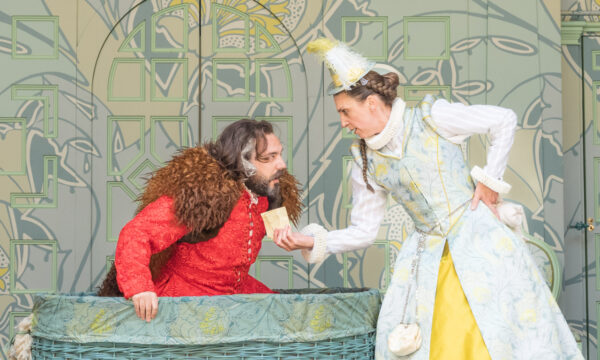
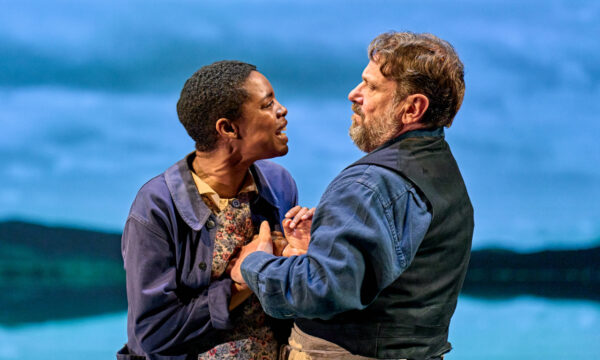
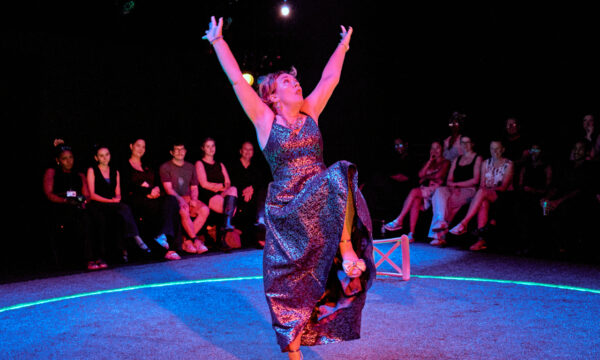
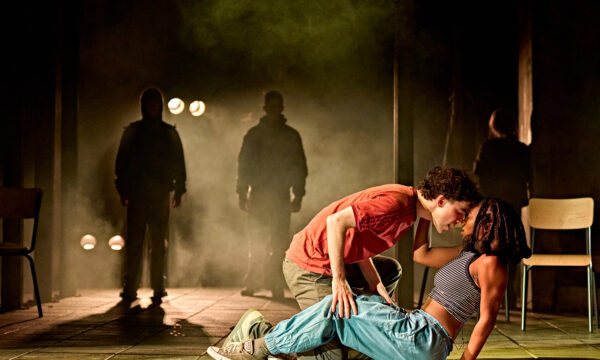
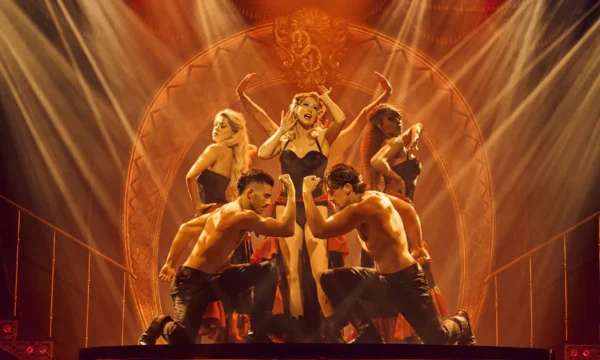
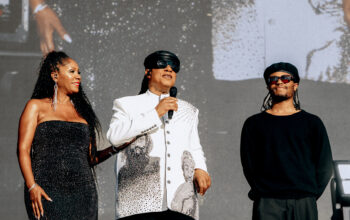

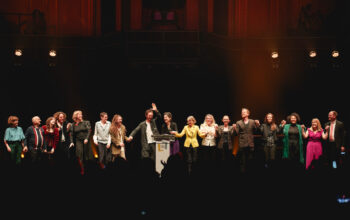

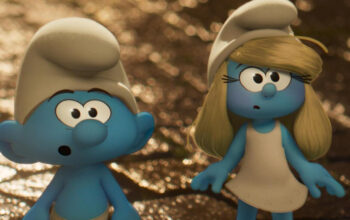




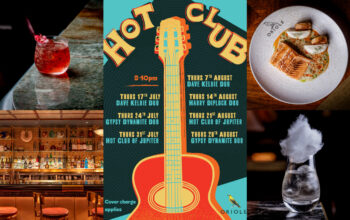
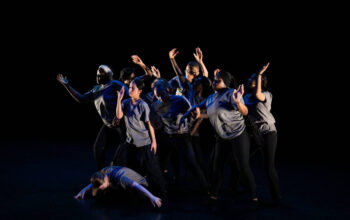


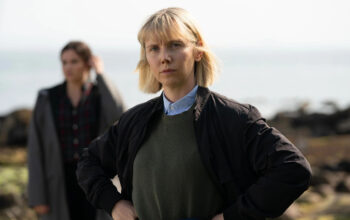
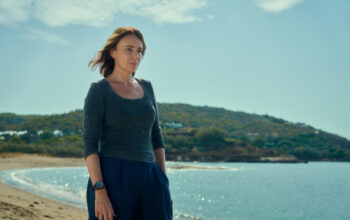
Facebook
Twitter
Instagram
YouTube
RSS